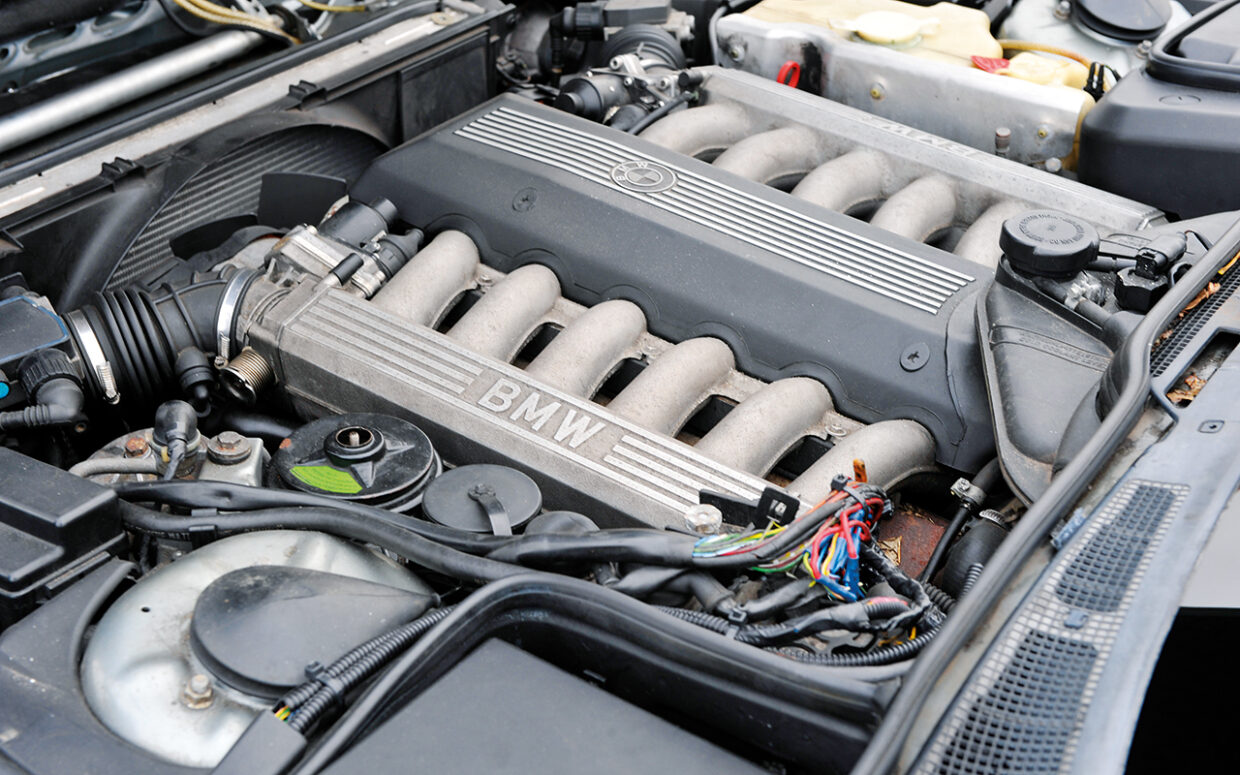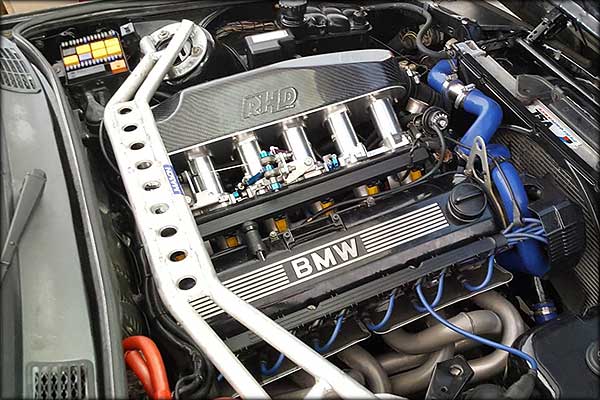Unveiling the Keys Behind the Power of the BMW Engine
Unveiling the Intricacies of Next-Generation Power Units: a Deep Study Advanced Engine Innovations and layouts
In the world of automotive design, the unrelenting quest of efficiency, effectiveness, and sustainability has propelled the evolution of power units to unprecedented elevations. As we stand on the precipice of a brand-new age in transportation, the ins and outs of next-generation engine styles beckon us to explore the cutting-edge modern technologies and developments that assure to redefine the driving experience. From advanced products that push the boundaries of durability and weight reduction to innovative turbocharging and turbo charging systems that elevate power result to brand-new degrees, each element of these power units holds a vital to opening the future of automotive design. Diving deeper into the worlds of emission control, smart engine monitoring systems, and the perspective of power device growth, we find ourselves on the cusp of a makeover that guarantees to reshape the landscape of wheelchair as we understand it.
Development of Engine Products

The change towards advanced engine materials has actually additionally allowed engineers to design engines with greater power outputs while keeping gas efficiency criteria. The use of lightweight products lowers the overall weight of the engine, leading to improved fuel economic climate and lower exhausts. Additionally, innovations in materials technology have permitted better thermal management within engines, leading to boosted dependability and longevity.
Turbocharging and Supercharging Technologies
How do Turbocharging and Supercharging Technologies revolutionize engine efficiency and efficiency in modern automobiles? Turbocharging and supercharging are technologies that considerably enhance engine performance by enhancing the quantity of air intake into the combustion chamber. Turbocharging attains this by using a turbine driven by exhaust gases to pressurize the consumption air, while turbo charging uses a belt- or chain-driven compressor to accomplish the very same effect.
These modern technologies allow smaller, more fuel-efficient engines to create power equivalent to bigger ones, understood as downsizing. By forcing even more air into the cyndrical tubes, turbocharging and supercharging enhance burning effectiveness, resulting in raised horse power and torque outcome without a substantial boost in engine size. This results in much better acceleration, lugging capability, and overall driving efficiency.
Furthermore, turbocharging and turbo charging contribute to boosted fuel effectiveness by allowing the use of smaller engines that consume much less fuel under normal driving problems - bmw engine. This combination of enhanced efficiency and performance has made turbocharging and turbo charging indispensable components of many modern-day engine layouts
Emission Control and Environmental Effect
With boosting international worries concerning air top quality and ecological sustainability, the execution of emission control technologies in cars plays a vital role in decreasing damaging contaminants launched right into the atmosphere. Modern automobiles are furnished with innovative exhaust control systems that aid decrease the ecological impact of vehicle operations. Catalytic converters, for instance, are designed to convert harmful gases such as carbon monoxide, nitrogen oxides, and hydrocarbons right into much less damaging compounds like co2 and water vapor.
Furthermore, innovations in engine technology, such as the integration of exhaust gas recirculation systems and discerning catalytic reduction, have considerably contributed to lowering exhausts. These innovations operate in tandem to optimize burning performance and lessen the release of dangerous toxins right into the air. Additionally, the growth of crossbreed and electric lorries stands for a vital step towards lowering the total environmental impact of the transport industry.
Intelligent Engine Management Equipment

In addition, these systems allow cars to fulfill strict emissions criteria without jeopardizing efficiency, supplying an extra eco-friendly driving experience. The assimilation of synthetic knowledge and machine discovering capabilities in engine administration systems remains to push the limits of what is feasible, resulting in more improvements in effectiveness, reliability, and general vehicle performance. bmw engine. As vehicle technology developments, smart engine management systems will certainly play a crucial function fit the future of transport towards a much more lasting and reliable instructions
Future Trends in Power Device Development
As smart engine administration systems lead the method for enhanced control and optimization in modern automobiles, future patterns in power device development are poised to redefine the landscape of automobile propulsion modern technologies. Among the key trends driving advancement in power device growth is the change in the direction of electrification. With an increasing concentrate on sustainability and minimizing carbon exhausts, crossbreed and electrical powertrains are coming to be extra widespread in the automotive industry. These alternative source of power provide enhanced effectiveness and performance while aligning with strict environmental policies.
Another substantial pattern is the combination of advanced products and manufacturing strategies. Light-weight materials such as carbon fiber and aluminum are being used to reduce overall vehicle weight, boosting fuel efficiency and efficiency. In addition, innovations in 3D printing and additive production are allowing the production of intricate engine elements with greater accuracy and toughness.
Moreover, synthetic knowledge and artificial intelligence are playing a crucial function in optimizing power device performance. These modern technologies enable real-time monitoring and flexible control, leading to extra effective and dependable power distribution. In general, future fads in power system development are geared in the direction of effectiveness, sustainability, and efficiency, driving the vehicle industry towards a brand-new period of propulsion technologies.

Verdict
In final thought, the advancements in engine products, turbocharging, emission control, and intelligent monitoring systems have led the way for next-generation power devices. These developments have not just improved efficiency and performance however additionally minimized ecological impact. As innovation remains to develop, future fads in power unit advancement are most likely to focus on additional boosting sustainability and optimizing power outcome. The detailed designs and advancements in modern-day engines showcase the you could try these out continuous development of auto modern technology.
Discovering the progressive advancements in engine materials has actually been essential in boosting the efficiency and performance of modern-day engines. Over pop over to this web-site the years, the advancement of engine products has actually played an essential function in pushing the limits of what engines can accomplish.The shift towards advanced engine materials has also enabled designers to make engines with greater power results while preserving gas effectiveness requirements.The application of intelligent engine management systems in modern vehicles has actually revolutionized the means engines are regulated and maximized for performance and efficiency. By collecting information in real-time and assessing it with advanced algorithms, smart engine monitoring systems can adjust to driving styles, ecological factors, and engine health to make the most of power output while lessening gas intake and discharges.